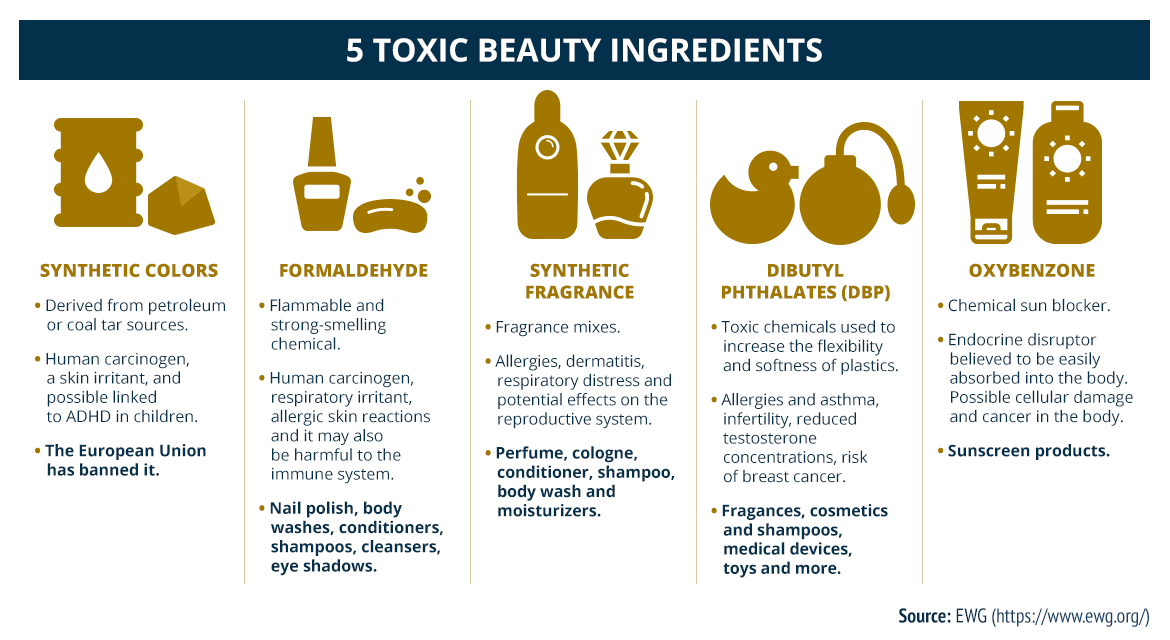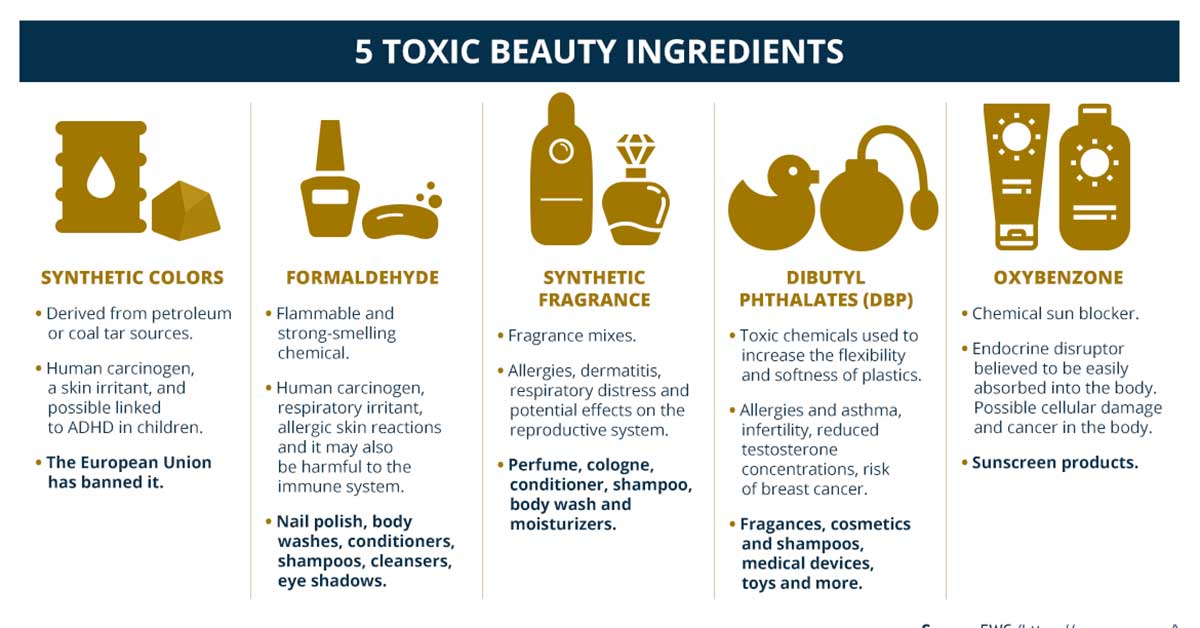According to a study, making use of a number of personal care products while pregnant may affect maternal hormone levels. Personal care and beauty products include a number of ingredients that quite often consist of a variety of endocrine-disrupting chemicals such as toxic metals, parabens, phthalates, and phenols. These chemicals are interacting with hormone systems, having an influence on regulation, synthesis, metabolism, transport, and hormone reception, all of which are particularly vulnerable while pregnant.
The study looked at the link between the use of personal care products and sex steroid hormone levels, such as progesterone and estrogens and thyroid hormones in women who are pregnant. The researchers also looked into how demographic factors influence the usage of a number of personal care products.1✅ JOURNAL REFERENCE
DOI: 10.1016/j.envres.2021.112376
Blood samples were obtained from 1,070 pregnant women between the ages of 18 and 40 years who were enrolled in a study which that examines environmental exposures in pregnant women and their children living in Puerto Rico.
Physical exams were administered to the participants who also completed a number of questionnaires giving their occupation, demographics, lifestyle, and use of personal care products such as cosmetics, fragrances, mouthwash, lotions, shaving cream, nail polish, shampoo, and other hair products, like mousse, relaxers, and bleach. Blood samples were also provided twice while pregnant, which were analyzed for 9 thyroid and sex steroid hormones.
It was discovered that the use of hair products, especially bleach, hair dyes, mousse, and relaxers are linked to reduced sex steroid hormone levels, which have an essential role in fetal development and maintaining pregnancy. Disruptions of these hormones may lead to adverse maternal and pregnancy outcomes such as preterm birth, growth restriction, and low birth weight.
Hormone level alterations, particularly while pregnant, can have considerable consequences beyond birth health such as pubertal trajectories, changes in infant and child growth, and may impact the development of hormone-sensitive cancers like ovarian, uterine, and breast cancer.
It was also discovered that socioeconomic variables like education, income, and employment status, impact the usage of personal care products in pregnant women living in Puerto Rico. For instance, individuals reporting a household income higher than $100,000 made use of personal care products more frequently than individuals with lower household incomes. Also, employed individuals reported making use of more cosmetics compared to unemployed individuals.
Prior studies have revealed that non-pregnant communities have also reported associations between frequency of personal care product use and socioeconomic markers, such as education and household income. Latina women are influenced by a strong culture of beauty, which may have an impact on consistent use of cosmetics while pregnant.

Image Source – palig



